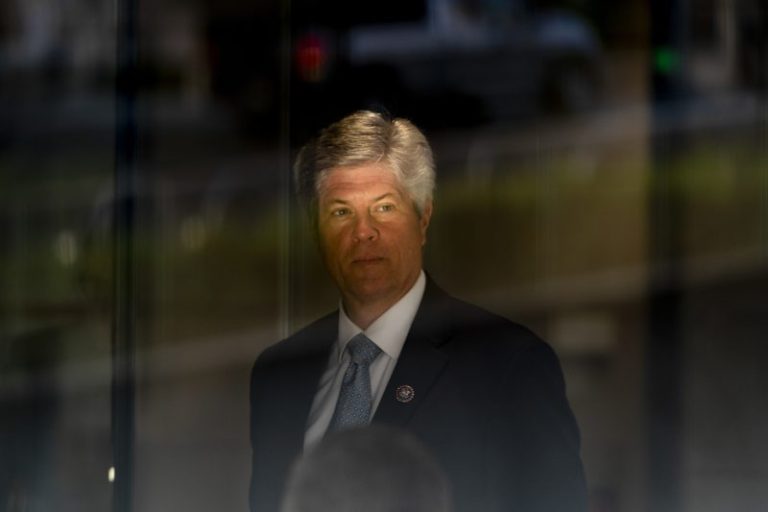An appeals court on Tuesday reversed a conviction that led to the resignation last year of former congressman Jeff Fortenberry (R-Neb.), ruling that he was not tried in the right venue on charges of lying to federal agents about illegal campaign contributions from a foreign billionaire.
The decision by the Court of Appeals for the Ninth Circuit said that Fortenberry’s trial in Los Angeles “took place in a state where no charged crime was committed, and before a jury drawn from the vicinage of the federal agencies that investigated the defendant.”
“The Constitution does not permit this,” the decision said. “Fortenberry’s convictions are reversed so that he may be retried, if at all, in a proper venue.”
In a statement through his attorneys, Fortenberry said he was “gratified” by the decision.
“[My wife] Celeste and I would like to thank everyone who has stood by us and supported us with their kindness and friendship,” he said.
Fortenberry resigned from Congress in March 2022, amid pressure from Democrats and leadership within his own party after a federal jury in Los Angeles convicted him on three felony counts for lying to federal investigators about the illegal campaign contributions.
The charges stemmed from a 2016 fundraiser held in Glendale, Calif., for the congressman’s reelection.
There, Fortenberry received donations totaling $30,200 from Gilbert Chagoury, a wealthy Nigerian business executive of Lebanese descent who used other people as conduits to make the contributions, the U.S. attorney’s office for the Central District of California said.
Foreign nationals are prohibited from donating to candidates running for federal office in the United States. It is also illegal to disguise a donor’s identity through third-party contributions.
Fortenberry was convicted of one count of scheming to falsify and conceal material facts and two counts of making false statements to federal investigators. He was not charged over the contribution itself, and in June 2022 he was sentenced to two years of probation.
Fortenberry, who has long maintained his innocence, had appealed the conviction on two grounds, according to the appeals court filing, arguing that “the district court incorrectly denied his motion to dismiss the case because [the] venue was improper in the Central District of California.” He also contended that the judge’s instruction to the jury was not complete, but the court did not rule on that issue.
Los Angeles-based federal agents interviewed Fortenberry at his home in Lincoln, Neb., and his lawyer’s office in Washington about the contributions, which led to the subsequent charges related to false statements. The trial moved forward in California, with the government arguing that the false statement violations occurred not only where they physically took place but also where they had an effect on a federal investigation.
Judge James Donato wrote in the appeals court opinion that “the Constitution plainly requires that a criminal defendant be tried in the place where the criminal conduct occurred.”
“We conclude that an effects-based test for venue of a Section 1001 offense has no support in the Constitution, the text of the statute, or historical practice,” the judge added.
Mariana Alfaro and María Luisa Paúl contributed to this report.

